New research shows that retinal neurons can rewire to preserve vision in retinitis pigmentosa, a genetic disease causing blindness.
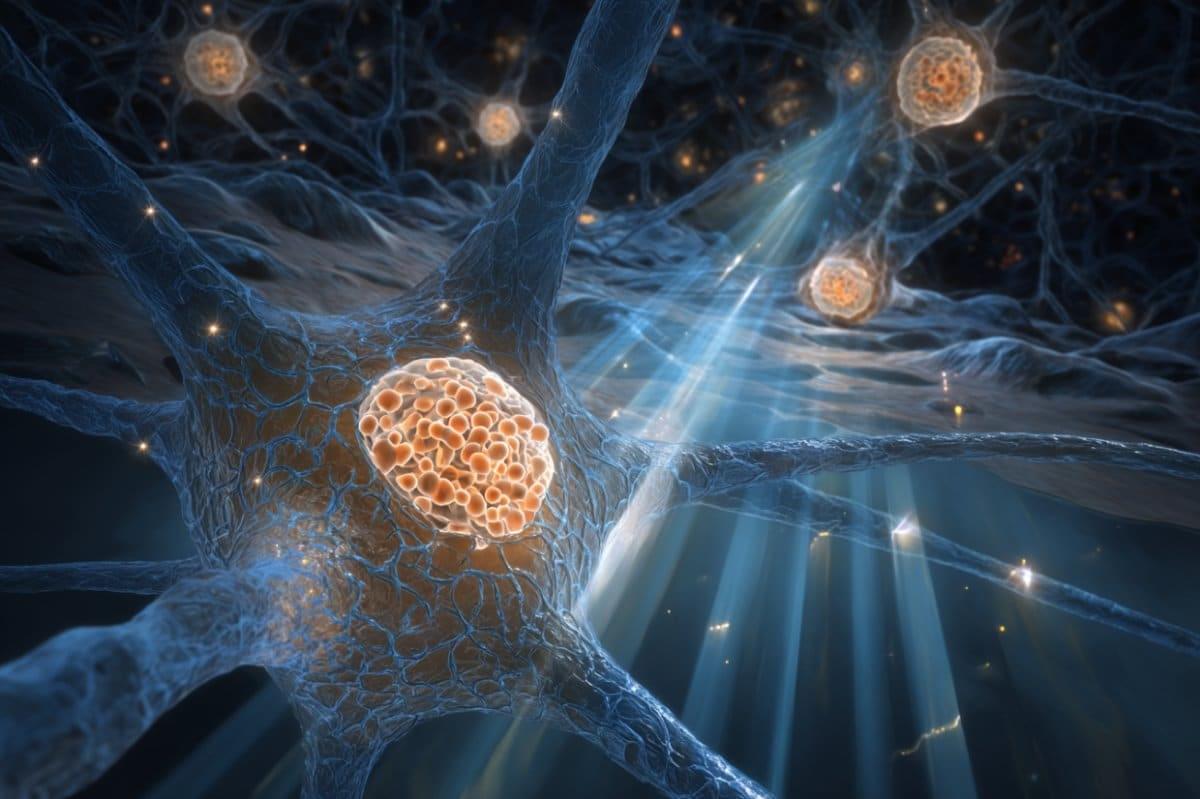

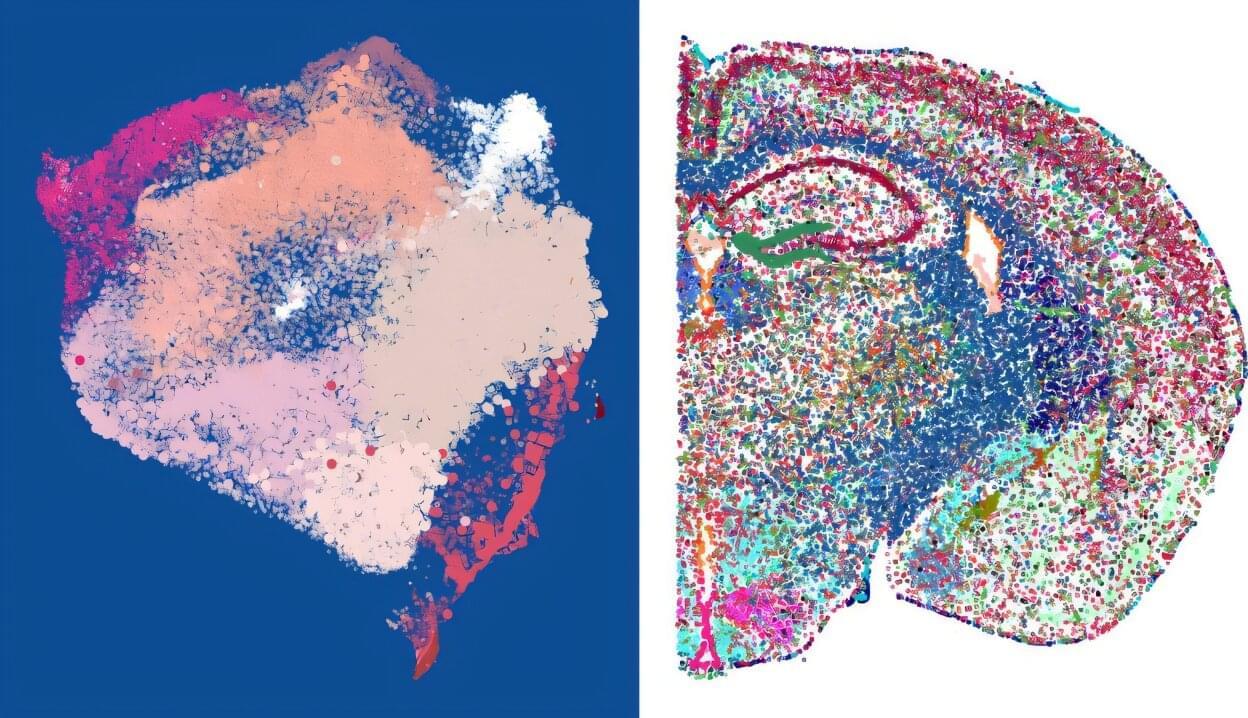
In recent years, the analysis of single-cell and spatial data has revolutionized biomedical research, making it possible to observe what happens in biological samples with an unprecedented level of detail. Interpreting this data, however, is not easy because different software offers different results which are hard to compare.
Taking this issue as the starting point, a research group from the University of Trento has developed the “Cell Marker Accordion,” a bioinformatics tool that makes the identification of cell types in the new generation data clearer and more robust. The results of the research, conducted in collaboration with Yale University (United States), the University of Trondheim (Norway), Policlinico di Milano and the Institute of Biophysics of the National Research Council—CNR, are published in Nature Communications.
“With Cell Marker Accordion we wanted to build a tool that helps researchers not only to classify cells, but also to understand why they have been classified in a certain way,” explains Emma Busarello, a Ph.D. candidate in biomolecular sciences at the University of Trento and first author of the work.

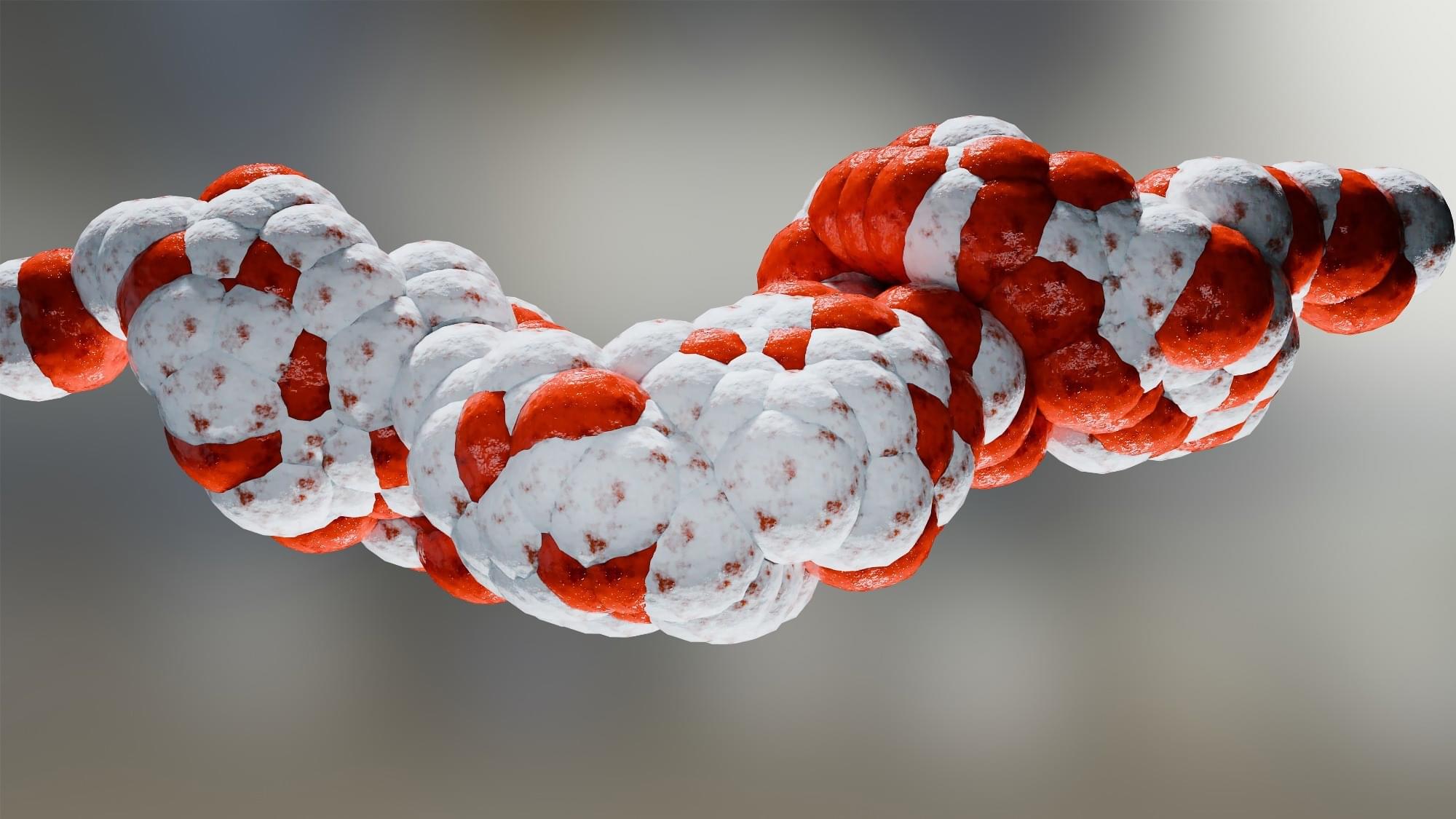
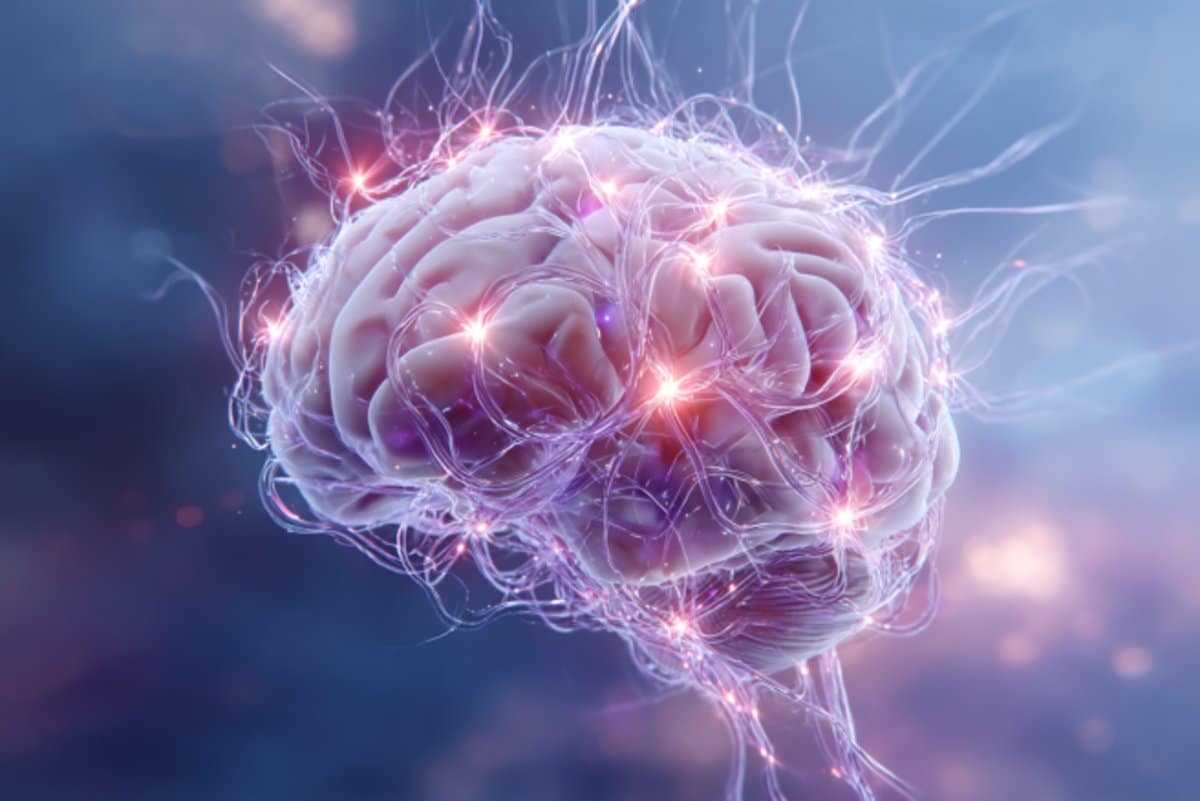
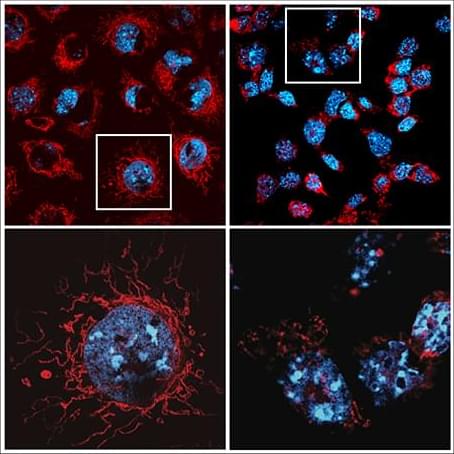
Landmark research on MCL-1, a critical protein that is an attractive target for cancer drug development, helps explain why some promising cancer treatments are causing serious side effects, and offers a roadmap for designing safer, more targeted therapies.
The WEHI-led discovery, published in Science, has uncovered a critical new role for MCL-1, revealing it not only prevents cell death but also provides cells with the energy they need to function.
The findings reshape our understanding of how cells survive and thrive, with implications for both cancer treatment and developmental biology.
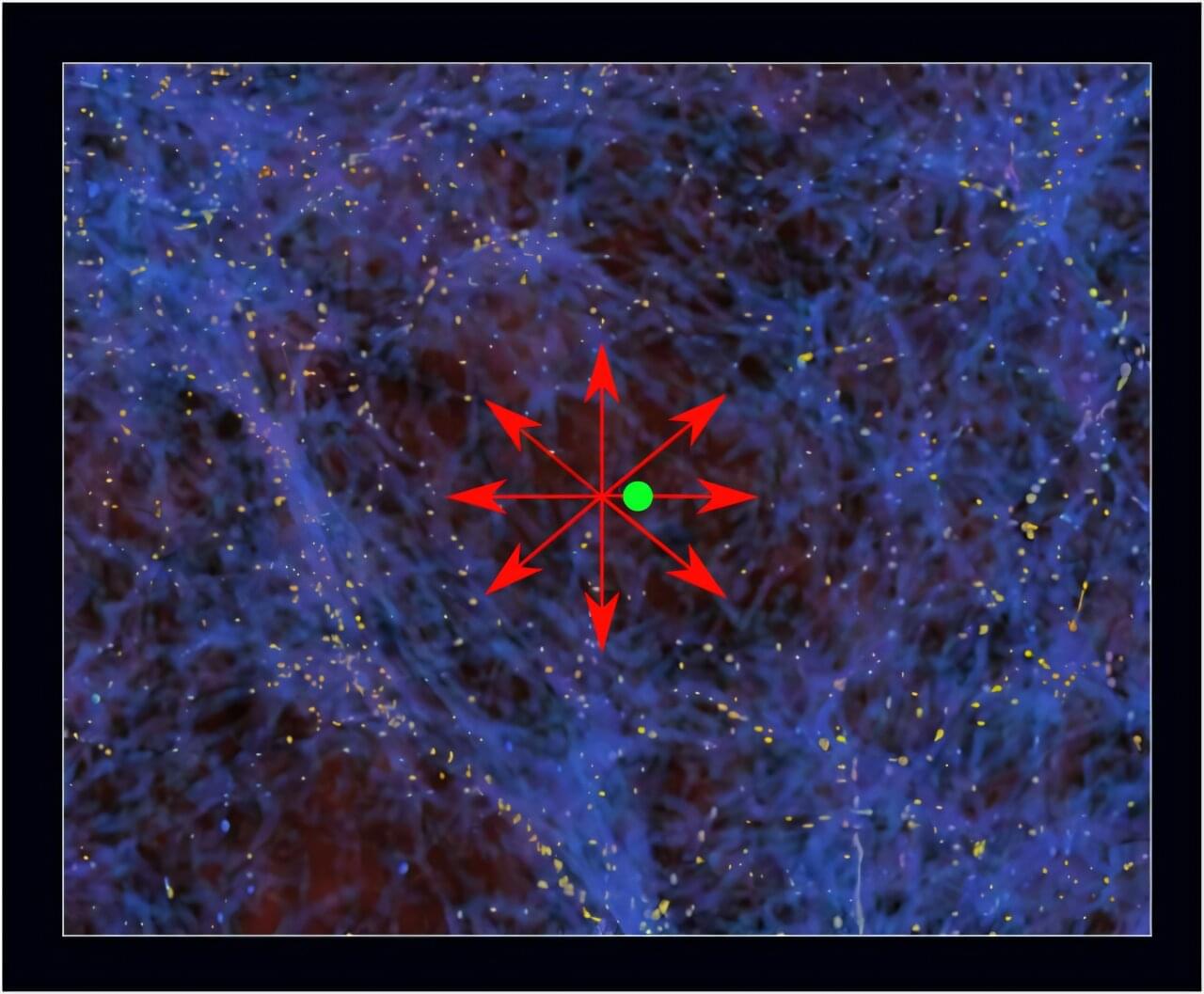
Earth and our entire Milky Way galaxy may sit inside a mysterious giant hole which makes the cosmos expand faster here than in neighboring regions of the universe, astronomers say.
Their theory is a potential solution to the “Hubble tension” and could help confirm the true age of our universe, which is estimated to be around 13.8 billion years old.
The latest research —shared at the Royal Astronomical Society’s National Astronomy Meeting (NAM 2025) at Durham University—shows that sound waves from the early universe, “essentially the sound of the Big Bang,” support this idea.

A small, inconspicuous meteorite may be about to change our understanding of how and when our solar system formed. Tiny shavings from the meteorite Northwest Africa 12264 are challenging the long-held belief that planets near the sun formed earlier than those beyond the asteroid belt, between Mars and Jupiter.
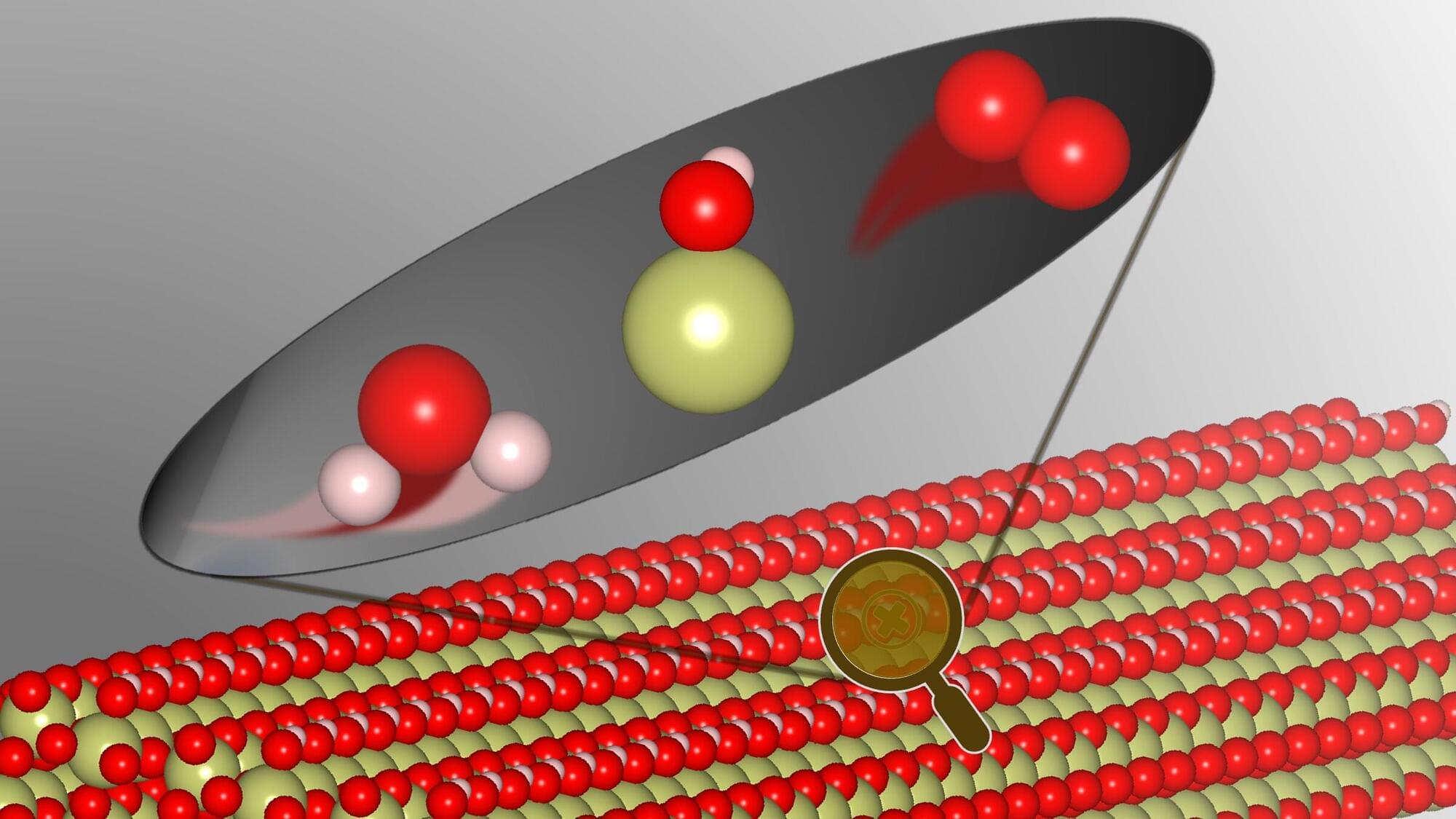
Oxygen evolution is considered one of the most energy-intensive steps in water electrolysis and is therefore a key factor for more efficient green hydrogen production. Modeling of the reaction mechanisms has so far been based on the assumption that the elementary steps take place sequentially and not in a concerted manner.
A team led by Prof. Dr. Kai S. Exner from the University of Duisburg-Essen has now shown that this assumption is not always correct. The results, published in Nature Communications, open up new possibilities for improving solid catalysts for energy conversion and storage applications.
There are two basic types of catalysis: homogeneous catalysts have the same physical state as the substances being converted (e.g., they all are liquid), while heterogeneous catalysts are in a different phase, for example a solid that reacts with liquids or gases. For a reaction to take place on the surface of a solid catalyst, the starting materials (reactants) must attach to its surface (adsorption) and then dissolve again after the reaction has taken place (desorption).
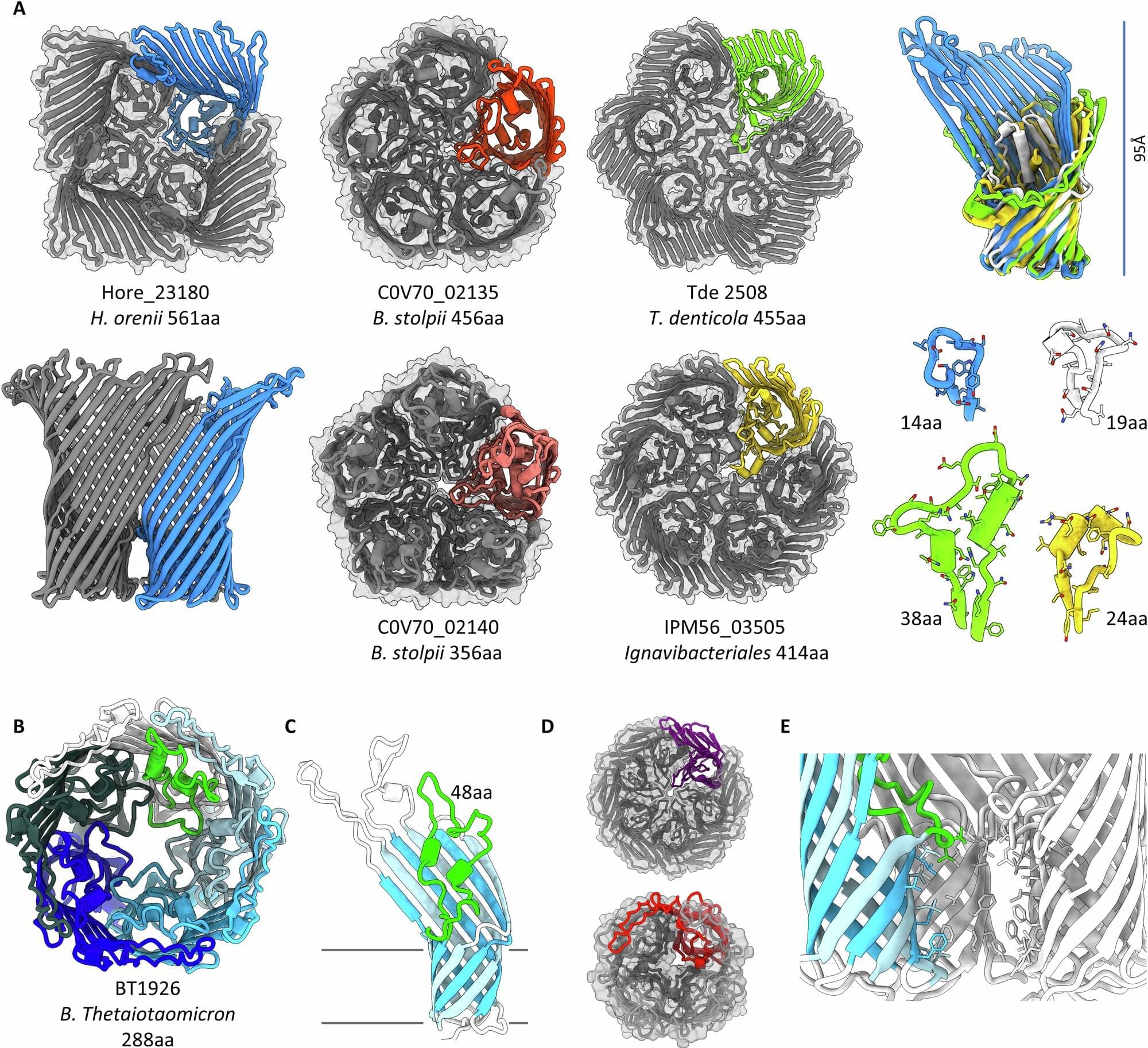
Scientists have identified a new type of protein in bacteria that could change our understanding of how these organisms interact with their environments.
A new study, published in Nature Communications, focuses on a protein called PopA, found in the bacterial predator Bdellovibrio bacteriovorus. The protein forms a unique fivefold structure, unlike the usual single or three-part structures seen in similar proteins.
An international research team, led by University of Birmingham scientists, used advanced imaging techniques to reveal that PopA has a bowl-like shape that can trap parts of the bacterial membrane inside it.